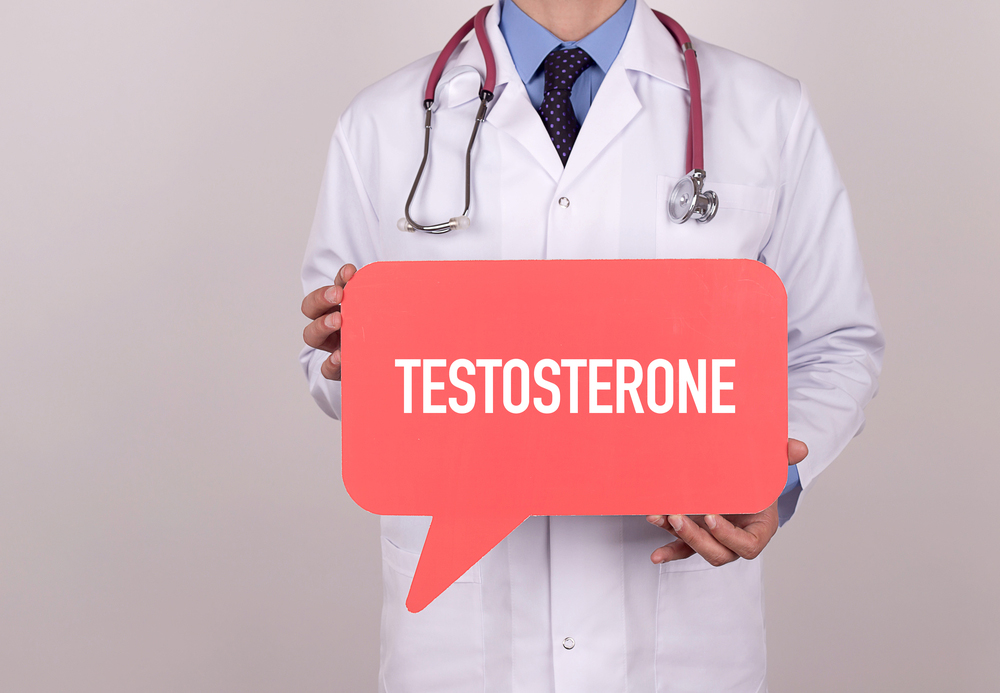My doctor tells me I have irritable bowel syndrome (IBS). All I know is that I have abdominal pain, and my bowels do not function properly. My husband does not have anything like that. Can you help me
Your Menopause Question: My doctor tells me I have irritable bowel syndrome (IBS). All I know is that I have abdominal pain, and my bowels do not function properly. My husband does not have anything like that. Can you help me?
Our Response: Our intestinal tract is a complex organ, not simply a tube where food enters and wastes exit. Instead, it has been called our “second brain.” Why is that so? It contains its own intestinal enzymes and hormones (Jiang, 2019), a vast network of bacteria contained in a three-layer intestinal wall (Baker, 2017), and a complex neural and immune system with a two-way communication with our brain stem and hypothalamus (Browning, 2016). How does the coordination of these essential components of our body work?
Neuroenzymes released by special cells in our fat cells, stomach, and upper intestine tell us we are hungry. We take in a mixture of proteins, carbohydrates, and fats, which are analyzed by our GUT bacteria. Neural signals generated in the intestinal wall are transported to our brain stem and hypothalamus by cholinergic nerves. Communication back to our bowel modifies the degree to which absorption occurs while making decisions as to how much brown fat to metabolize for energy expenditure. Muscular activity moves the bowel contents forward while controlling the timing for eliminating the residual bowel contents. Sound complicated? Irritable bowel syndrome is but one of a number of intestinal disorders generated by miscommunication among these many components of intestinal function (Heitkemper, 2009).
Irritable bowel syndrome affects ten to 15 % of in the Western world, is two times more common in women than men, is characterized by abdominal pain, bloating (at times headaches), and is more frequently encountered in the menopause transition and early menopause (Cain, 2008; Heitkemper, 2009; and Andrews, 2011). The timing of these intestinal changes, including problems with defecation and stool frequency, raises the possibility that IBS somehow is linked to fluctuations in and then loss of estradiol as the ovaries age. If so, the question is how loss of estradiol could trigger visceral pain sensitivity and alter gastrointestinal bacteria and bowel motility.
Symptoms similar to IBS are described by many younger women just prior to the onset of their menstrual periods, as hormone changes bring on menstruation, suggesting that IBS may be a chronic condition linked to hormone alterations (Straub, 2007, and Heitkemper, 2009). Since estradiol is a powerful anti-inflammatory hormone, fluctuations in estradiol blood levels could alter GUT bacteria which, when healthy, rely on estradiol to protect the integrity of our expansive intestinal neural system (Straub, 2007). A chronic increase in bowel inflammation over time could increase awareness of our visceral pain as signals from the GUT are transmitted to our brain’s limbic system for pain analysis. Finally, these and other steps could alter the motility of our bowel leading to bloating, altered bowel frequency and content, and abdominal pain (Andrews, 2011).
Irritable bowel syndrome is but one of many health conditions directing attention to the complex array of linkages among our GUT’s hormonal and immune system, neuromuscular distribution, nociceptive (pain) awareness, and bacteriologic profile. With each scientific discovery, a better understanding of our “second brain” is evolving.
James Woods | 7/9/2021




